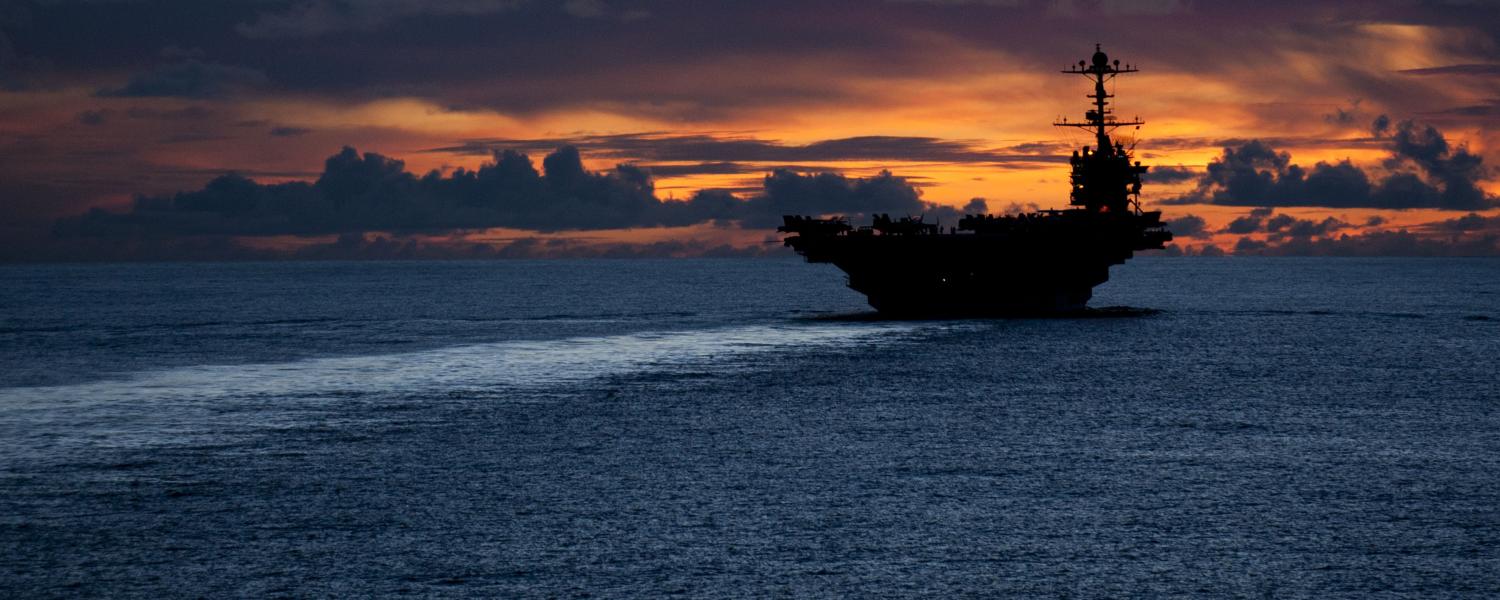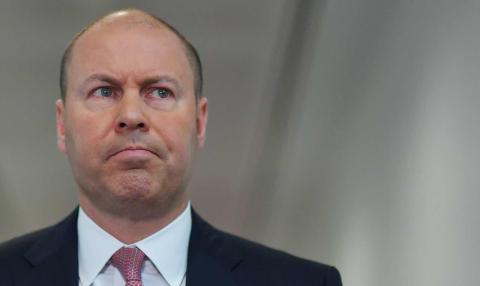Our first thoughts should be for Americans, and the damage that has been done to their institutions, their society and their national self-respect. But there is nothing to say about this American tragedy that has not been said far better by Americans themselves. So let’s leave it at that.
Our next thoughts should be for ourselves. It seems only prudent to expect that a lot will go wrong over the coming months and years, as America’s role in the world, including and perhaps especially in our region, swerves off the rails. The temptation will be to blame everything that goes wrong on Donald Trump. If only Hillary Clinton had won, we will be inclined to think, then all would have been well.
That would be a mistake. The problems that confront America in Asia are exacerbated but not caused by Trump’s idiosyncratic brand of pugnacious isolationism. They spring from a fundamental shift in the distribution of wealth and power.
America’s bipartisan foreign-policy establishment has never acknowledged the seriousness of China’s challenge to the US-led order, or the costs and risks to America of trying to resist it. The pivot therefore assumed that China could be persuaded or compelled to abandon its challenge though small symbolic gestures that cost America little. It has become steadily clearer that this is not true. But there was no sign at all from Clinton or her followers that they understood how and why the pivot was failing, and what could replace it.
So whoever had won this week, America’s Asia policy was in for a tumultuous time. And right at the heart of that is the question of resolve. The more closely China approaches the US in economic weight and relevant military capability, the more the outcome of their contest for leadership in Asia depends on the balance of resolve between them. To resist China’s challenge, Washington needs to convince Beijing that it is at least as determined to preserve the old US-led order as Beijing is to replace it with a new Chinese-led order.
Hillary Clinton would have struggled to do this. It seems likely that Donald Trump won’t even try. So with Clinton we would probably have seen a slow erosion of US regional leadership. Under Trump we are more likely to see a swift collapse.
This is of course a major blow to Australia’s strategic policy, which over the past fifteen years has increasingly been predicated on the assumption that America would remain the primary strategic power in Asia indefinitely. Historians will note how perversely our policymakers have clung harder and harder to this assumption as events around them made it less and less credible.
Perhaps now at last Australian political leaders, and the officials who advise them, will begin frankly to consider what Australia can and should do against the possibility – now a probability – that this assumption proves false.
So what should we do? One thing we should not do is turn to China and seek the kind of alliance with them that we have had with America or Britain. There are a dozen reasons why Australia might not want China as an ally, but we might begin by asking why China has would want Australia as an ally.
Instead we should explore two key questions. First, if we can no longer prudently expect America to remain the dominant power in Asia, what kind of role might it be willing and able to play, and how could we encourage it to do so? Some US role in Asia would be better than none, and we could do ourselves as well as America a favour by helping them work out what that might be.
Second, we should start seriously adapting both our diplomacy and our defence policy for the possibility that, despite our best efforts, America’s role in Asia and our alliance with America are not going to last much longer. Some will say that such a thing is unthinkable. But they are probably the ones who said that a President Trump was unthinkable.
Photo: Flickr/US Navy

